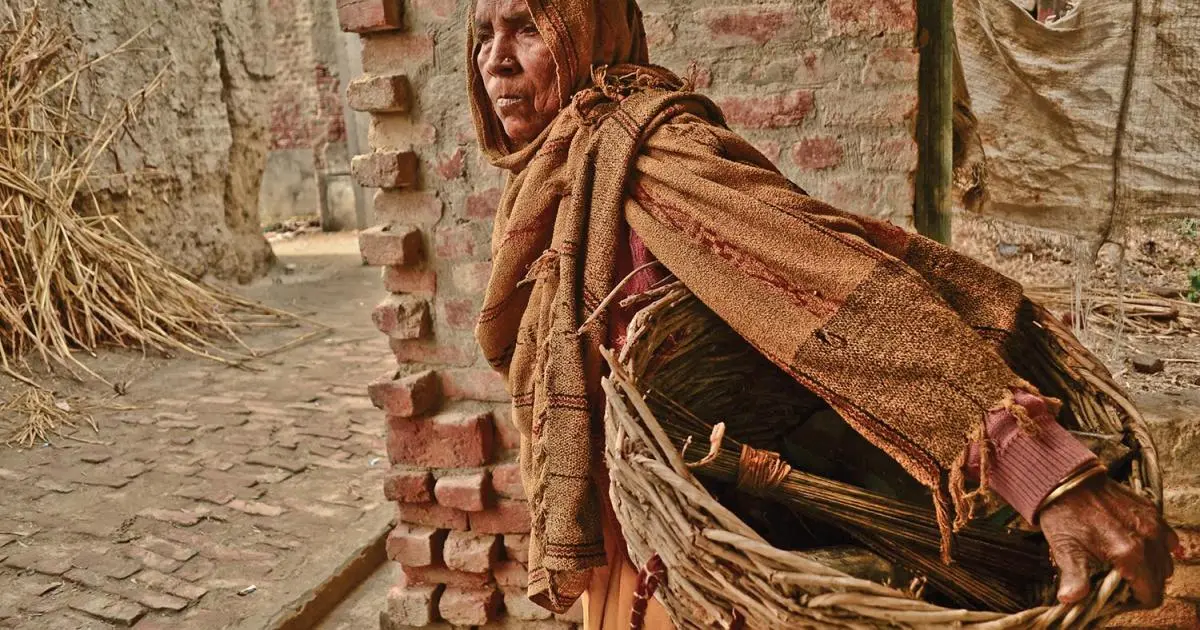On Tuesday, Delhi High Court asked the state government to pay an additional Rs 20 lakh each to the kin of workers who died due to manual scavenging.
Delhi Court’s Order
The bench said that When one person approached the court and received the order in favor, the state shall extend the same benefit to all similarly situated persons without forcing those persons to approach the court of law.
Justice Subramonium Prasad said, “This court expects that the State will endeavor to pay the balance of Rs 20 lakh to all similarly placed persons instead of forcing the family members of persons who have lost their lives in manual scavenging to approach this Court by filing writ petitions.”
The Petitioners, who lost their husbands, said they have received only Rs 10 lakh from the Delhi government, but they were supposed to receive Rs 30 lakh. The High Court held that as per the Supreme Court’s judgment, these families were entitled to Rs 30 lakh from the state government.
The Supreme Court’s order against Manual Scavenging
In October 2023, the Supreme Court directed the Union and State governments to ensure the complete eradication of manual scavenging. The Court ordered to increase in the compensation to Rs 30 lakh in case of sewer death. 
The bench had issued 14 directions for the effective implementation of Prohibition of Employment as Manual Scavengers and their Rehabilitation Act, 2013. The court also ordered proper rehabilitation measures for the victim and their kin, including disbursing scholarships and creating skill development programs.
Deaths by Manual Scavenging
According to the Union Social Justice and Empowerment ministry, 339 people lost their lives to Manual Scavenging between 2018-23. As per data, 9 deaths were recorded in 2023, 66 in 2022, 58 in 2021, 22 in 2020, 117 in 2019, and 67 in 2018.
Manual Scavenging – Caste Discrimination
Manual Scavenging is a caste-based practice that involves manually cleaning, carrying, disposing, or handling in any other manner, of human excreta, which is banned under the Prohibition of Employment as Manual Scavengers and their Rehabilitation (PEMSR) Act.
Prohibition of Employment as Manual Scavengers and their Rehabilitation Act was passed in 2013, which bans manual scavenging in India. But even after the ban manual scavenging is still present and practiced across the country.
Manual Scavenging is a product of caste system in India, Untouchables (Dalits) were anciently forced to do this job, and doing any other job would lead to violent punishment. They were also not allowed to enter the villages and were considered impure. This practice of untouchability (Discrimination) is still present in villages and in cities people have found modern ways to continue this practice. This many deaths, presence of this job even after ban and avoidance of the government in compensation to victim’s kin is a result of same caste system.
READ – ‘Non-Hindus not allowed to enter temples’ says the Madras High Court

